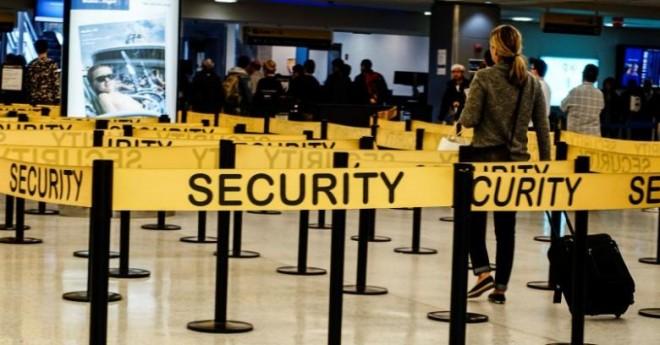
The officials from the United States Department of Homeland Security (DHS) have begun asking for social media details of foreign travellers in the country.
According to a US government official, travellers who are arriving in the US on the visa waiver programme are now given the "option" to "enter information associated with your online presence," including information of their Facebook and Twitter accounts, according to Politico. A visa waiver programme enables the travellers to visit the US for tourism or business for a stay of 90 days or less without obtaining the visa first.
Reports state that the move is formulated to help the US Homeland Security Department to find terrorists who are trying to enter the US. However, privacy campaigners have denounced the move ever since it was proposed in June this year.
Under the move, when the travellers fill their Electronic System for Travel Authorisation (ESTA), a drop down menu will appear which gives the travellers an option to reveal their social media details like their account names on Facebook, Instagram, YouTube, LinkedIn and Google+.
According to reports, the change in the online form meant for foreign travellers was approved on December 19 by the US government's Customs and Border Protection. A spokesperson for the department told Politico that the option is implemented to "identify potential threats."
The Department of Homeland Security had reportedly stated on a previous occasion that it would not allow those travellers to enter the US who do not divulge their social media account details. The US government reportedly issues almost 10 million visas every year and had received around 77.5 million foreign visitors in 2015.
BBC reports state that the changes would affect Esta and Form I-94W applications. The proposal was added to the Federal Register on Thursday by Customs and Border Protection (CBP), which is a part of the DHS.
The proposal states that any data travellers choose to share will be used "for vetting purposes, as well as applicant contact information."

















